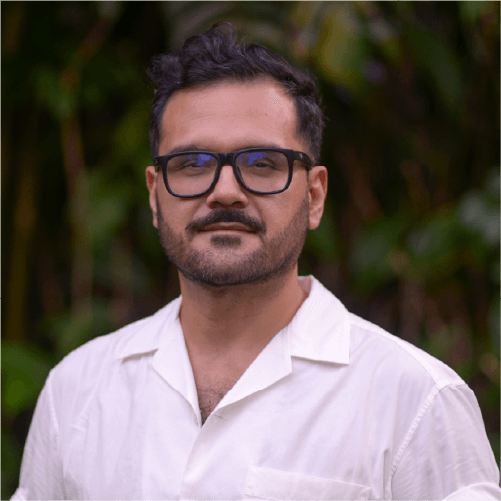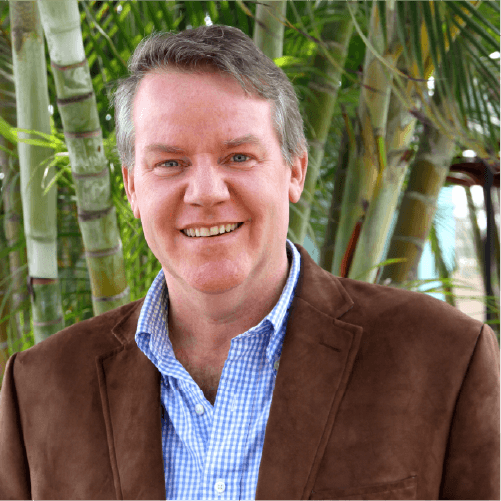Description
Understanding gender-based exclusion should be central to engagement with forest-dependent communities. Women typically face barriers due to the lack of access to rights, participation in decision-making, and information; this inhibits equitable intervention outcomes and resilience. It also hinders overall sustainable use given women’s fundamental role in preserving the natural resource base for forest products. However, conventional initiatives—including participatory monitoring—often rely on gender-blind methods that fail to address these issues or impose predefined concepts without considering local definitions and perspectives.
To address these challenges, CIFOR-ICRAF co-develops with local stakeholders a gender responsive toolkit for participatory, reflexive, and adaptive learning based on our “How are we doing?” method with groups of women supported by the CARE project “Guardianas del Cambio” funded by USAID. The toolkit, once complete, will provide a method for participating women to collectively construct their shared definitions of relevant development concepts from their perspective (e.g., well-being, gender equity, tenure security, and sustainability), and the success criteria and actions for achieving them It will also enable women to monitor their participation in the governance of communal land and resources, their access to resources under formal and customary rights, and the benefits they receive from the initiatives, among other issues depending on the criteria they prioritize.
The method will catalyze women’s participation and facilitate a reflexive process to engage with men to support greater inclusion and equity. Ultimately, the method supports the realignment in women’s roles from passive beneficiaries to changemakers. The toolkit and method will be published with lessons to replicate the process with other groups (including men), and to design and deliver a 'train the trainers’ module with stakeholder organizations and initiative leaders to implement the tool and monitor outcomes.






















